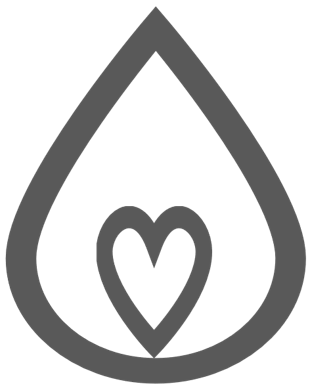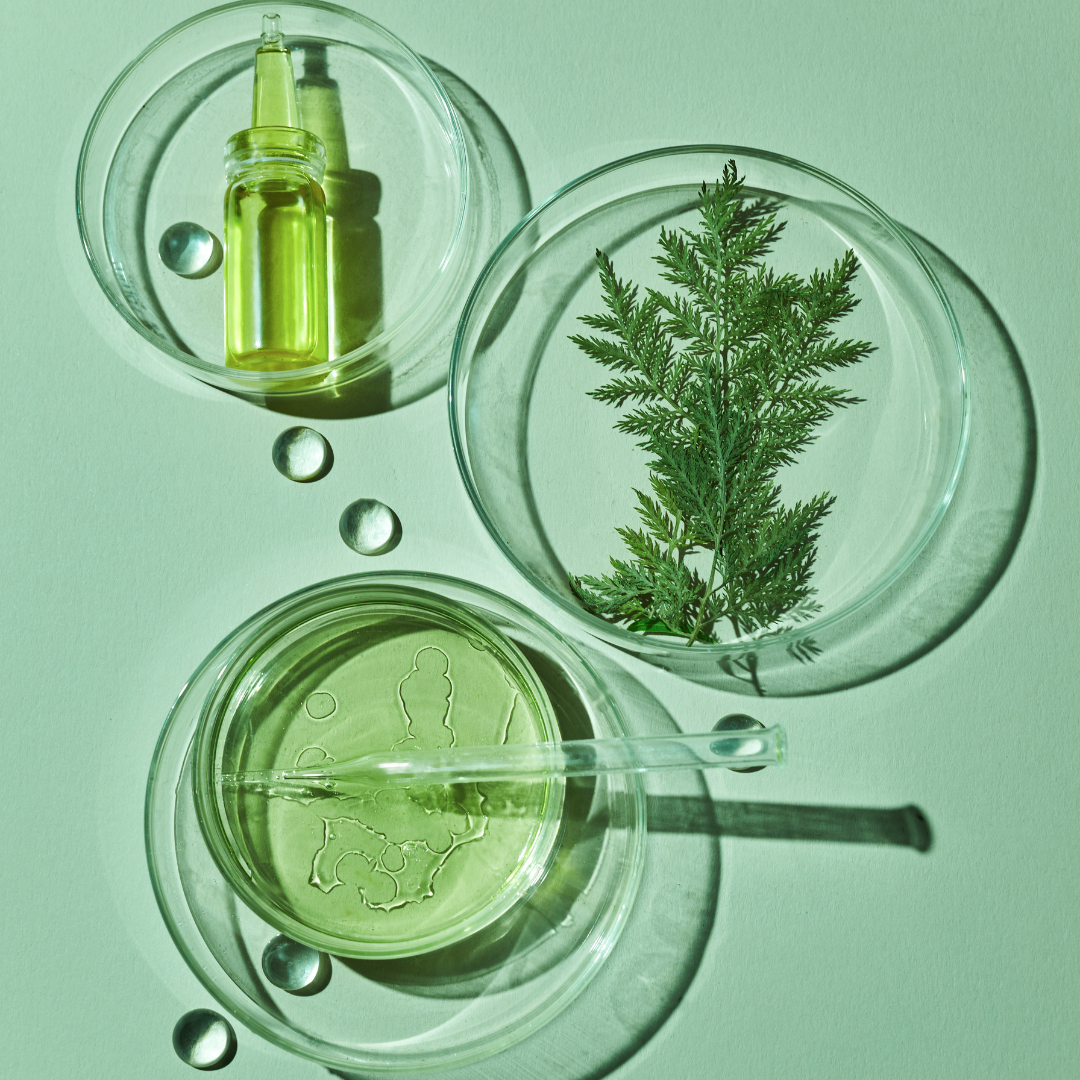In a world where synthetic medicines and antibiotics are commonly used to combat illnesses, the ancient practice of aromatherapy presents a natural alternative. Aromatherapy, the use of essential oils extracted from plants, has been gaining attention for its potential in fighting viruses and bacteria. This holistic approach not only aims at preventing infections but also enhancing physical and emotional well-being.
The Science Behind Aromatherapy: Essential oils, the heart of aromatherapy, are concentrated plant extracts obtained through distillation or mechanical methods. These oils are believed to interact with the body in several ways. When inhaled, the scent molecules in essential oils travel from the olfactory nerves directly to the brain and impact the amygdala, the emotional center of the brain. Essential oils can also be absorbed by the skin.
Many essential oils, such as tea tree, eucalyptus, and lavender, have been known for their antimicrobial properties. They contain compounds like terpenes, esters, phenolics, and alcohols, which have been shown to have antiviral and antibacterial properties.
Aromatherapy in Action: The practice of aromatherapy can involve diffusing oils into the air, inhaling them directly, applying them to the skin, or using them in baths. For fighting viruses and bacteria, specific oils are chosen for their antimicrobial properties.
-
Tea Tree Oil: Renowned for its powerful antiseptic properties and ability to treat wounds, tea tree oil has been shown to combat viruses and bacteria.
-
Eucalyptus Oil: Often used for respiratory conditions, eucalyptus oil has components that are effective in fighting bacteria and viruses.
-
Lavender Oil: Known for its calming effects, lavender oil also has antimicrobial properties that make it useful in combating bacterial and viral infections.
Benefits Beyond Antimicrobials: Aromatherapy is not only about fighting infections. It also plays a significant role in stress reduction, improving sleep, enhancing mood, and providing a sense of well-being. The calming effect of oils like lavender can help reduce anxiety, improve sleep quality, and contribute to overall mental health.
Conclusion: Aromatherapy presents a holistic and natural approach to fighting viruses and bacteria, complementing traditional medical practices. Its use in enhancing mental and physical health further underscores its significance as a comprehensive wellness tool. As with any alternative therapy, individuals are encouraged to use essential oils mindfully and in conjunction with conventional health practices.

